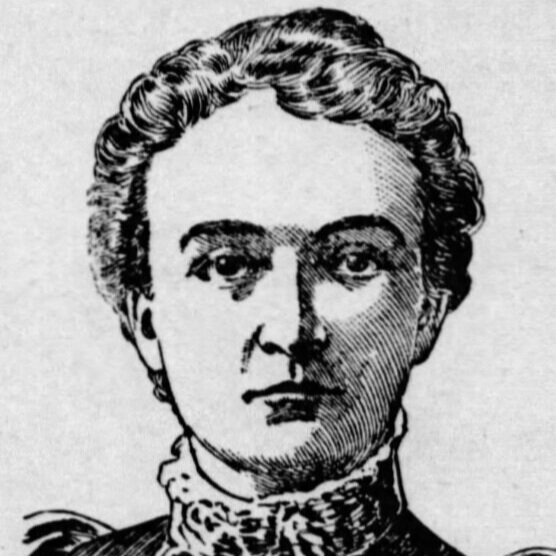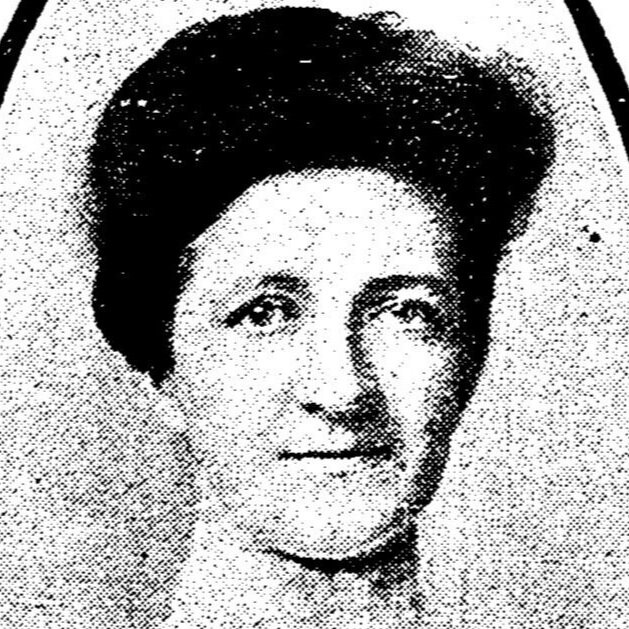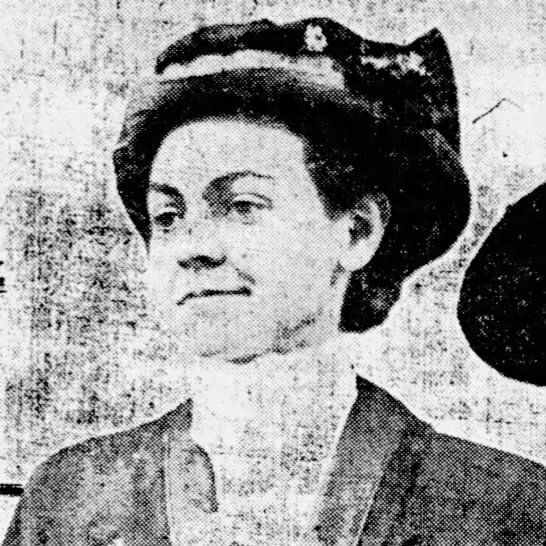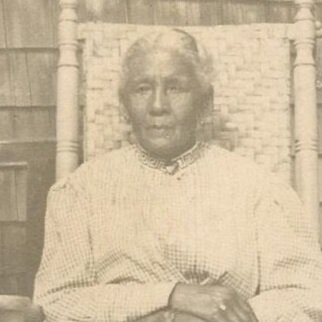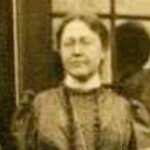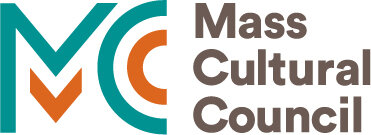PARTNERS IN PROTEST
A Peek-through Pop-up Exhibit on Waltham Suffragists
September 7 - November 3, 2020
Celebrate 100 years of women’s voting rights with Stonehurst while our interiors are closed. Enjoy the grounds and, beginning September 7th, peep through the windows to experience an outward-facing gallery about extraordinary Waltham women who helped double the electorate. Their efforts to secure voting rights for working women helped win those rights for women across the country.
In this pop-up exhibit of press images and reproduction objects, the bold women who dared to venture into public life are ironically confined to the home, the traditional sphere of influence from which they worked so hard to break free.
How do these silent images from the past speak to you through the glass?
Suffragists on Main Street, Waltham, Mass. June 1919. Courtesy of the Waltham Historical Society.
The suffragists
A group of suffragists who converged in Waltham in the 1910s built inclusive, cross-class coalitions with a regional and national reach. This group of multi-talented political activists, young and old, dedicated their careers to securing civil rights for all women regardless of ethnicity or economic class. Their focus on the rights of working women was especially appropriate for Waltham, a city of workers and center of the Industrial Revolution.
These activists were unmarried, college-educated professionals—a doctor, lawyers, architects, teachers—who lived either near downtown factories workers or on the estates of pro-suffrage philanthropists. Even though most of them left no heirs or papers, their lives can be reconstructed from contemporary press coverage.
Architect Florence Luscomb was the youngest and most visible of Waltham’s women suffrage activists. She used guerilla open-air speeches, dramatic spectacle, and her artistic talent to attract press coverage. Her mentor, fellow MIT graduate and partner in an early female architectural firm, Ida Annah Ryan received unwanted press coverage in 1913 when her appointment to City Building Inspector shook up the status quo.
Lawyer and teacher Ida Estelle Hall organized young immigrant working women for the Massachusetts Woman Suffrage Association nearly a decade before New York suffragists recruited wage earners to their fight for the vote. After her move to Waltham on the outskirts of the Paine Estate, she taught students in the Waltham Evening Schools who worked in factories downtown during regular school hours.
Lawyer Amy Acton was a legal representative for the Massachusetts Women’s Suffrage Association and Boston Business League, presenting bill after bill to Massachusetts Legislature to improve laws affecting women and children of the Commonwealth. Her independent practice in Boston was known for giving free legal advice to poor women. She lived in workers’ housing by the Waltham Watch Factory with her companion and fellow suffragist Dr. Eloise Sears. Their home on Adams St. was a hub for the suffrage movement in Waltham.
Click on each portrait for more information…
PRO-SUFFRAGE ALLIES
Waltham’s most active suffragists—Hall, Acton, Ryan and Luscomb—found allies in women who gave their support behind the scenes at a time when it was unacceptable for women to have a public voice. Some kept their views on this divisive topic private in order to preserve relationships with family and friends.
Anti-suffragist
Massachusetts had the oldest and strongest anti-suffrage association in the country. Evelyn Sears—first cousin and neighbor of Ethel Paine above—briefly led the Waltham and state anti-suffrage associations, which prioritized women’s protection and their traditional sphere of influence within the home over equal rights.
MAP
Sites associated with the Waltham suffragists are marked in yellow pins on this map. Click on the pin for addresses and more information….
This pop-up exhibit and biographies are part of “Anxious to Vote: Students, Workers and the Fight for Women’s Suffrage,” a curriculum and public education project developed in partnership by Stonehurst the Robert Treat Paine Estate and Waltham Public Schools in commemoration of the national suffrage centennial. The Friends of Stonehurst received support for this program through “The Vote: A Statewide Conversation about Voting Rights,” a special initiative of Mass Humanities that includes organizations around the state.
This program is funded in part by Mass Humanities, which receives support from the Massachusetts Cultural Council and is an affiliate of the National Endowment for the Humanities.



